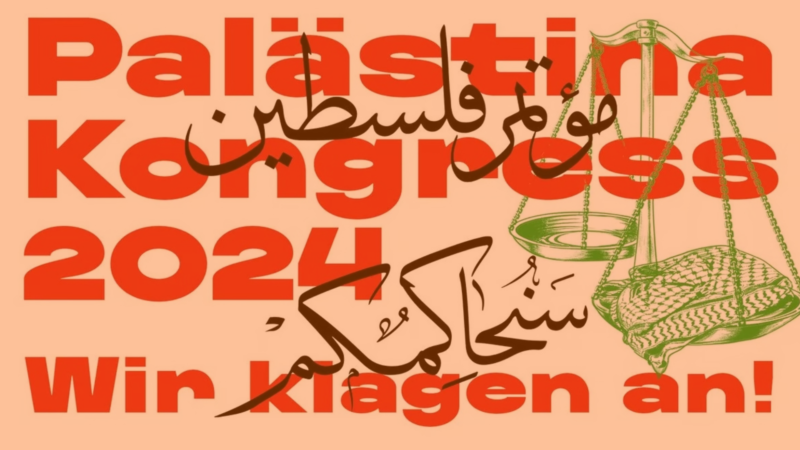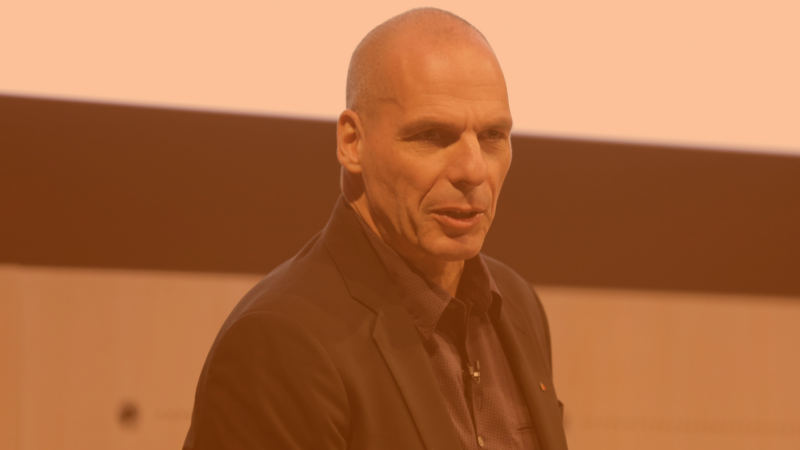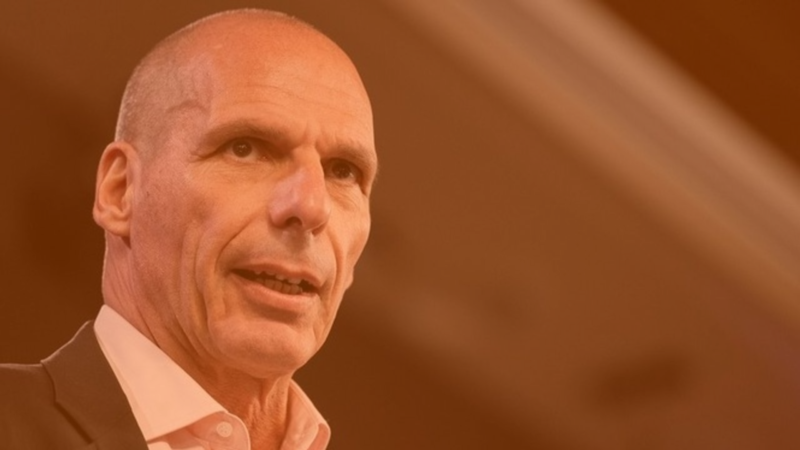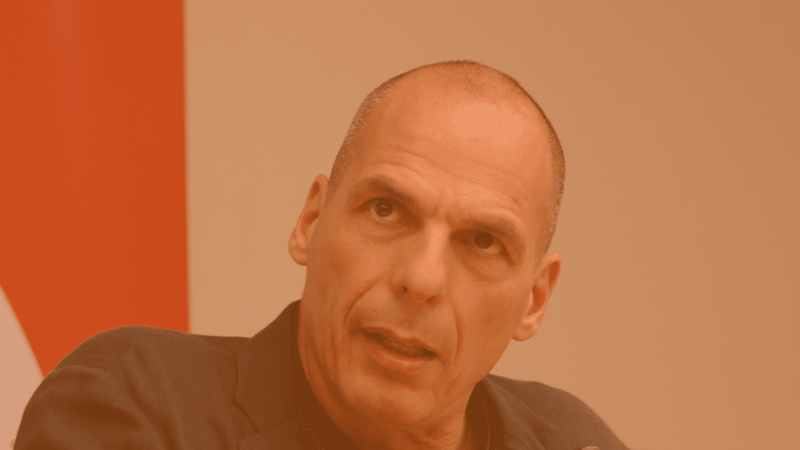Germany’s SPD finds itself in a world of woe this week. As recently as 7 February, spirits were running high in the centre-left party after it agreed a deal to form another grand coalition (or GroKo) with Angela Merkel’s CDU and its CSU sister party. But on February 13, Martin Schulz — who was elected with great fanfare as the SPD’s leader in only March last year — abruptly resigned after confusion over his own role in the proposed cabinet.
Over the last year Schulz has presided over a slow collapse of SPD popular support as the party failed to present a clear and distinctive programme to the public, which resulted in polling last week placing Germany’s oldest political party at a record low of 16 percent – a hairbreadth in front of the far-right AfD at 15 percent. The party is dealing with a bitter GroKo vs. NoGroKo fight before members vote in early March on whether to accept the coalition deal, at the same time as a leadership contest unfolds.
It is hard to attribute the SPD’s woes to anyone but themselves. Eight years of coalition with the CDU-CSU out of the last twelve has seen its traditional policy areas absorbed by its larger coalition partner, and Schulz’s leadership failed to deliver on its promise of a rebirth. The SPD’s inability to present a clear alternative to prevailing neoliberalism and austerity has been a boon to the AfD and a capitulation to the CDU narrative. The choices before the SPD appear to be either irrelevance in another coalition or possible annihilation in another general election.
The only rational alternative open to the SPD is a pivot to a genuine radical progressive agenda, like that outlined by DiEM25’s New Deal for Europe. The centre is where progressive parties go to die: to preserve the status quo in today’s climate is to preserve the way for the far-right. As DiEM25 have said before, it is time to make a choice. Like the rest of Europe, Germany urgently needs an authentic people-centric, not establishment-centric, agenda. To be a part of forming this agenda, in Germany and beyond, join one of the many DiEM25 Spontaneous Collectives (DSCs) across Europe.
Owen is a member of the DiEM25 movement, currently based in Beirut.
Photo: picture-alliance/Zuma Press/O. Messinger
Do you want to be informed of DiEM25's actions? Sign up here










